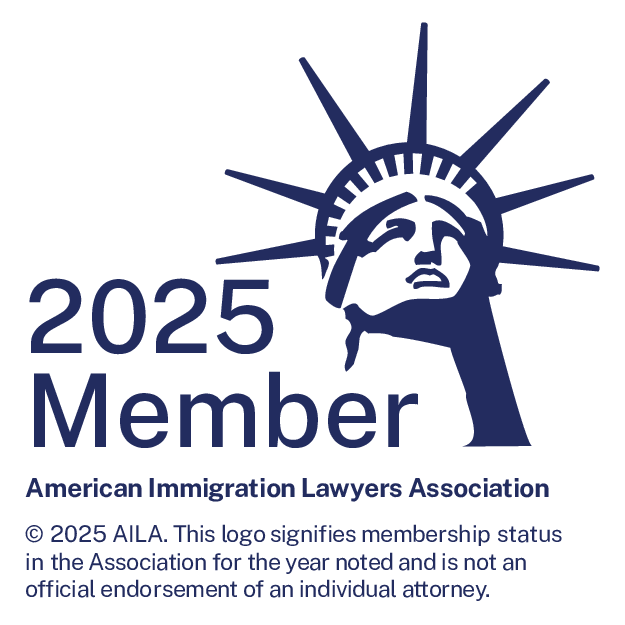EB-11 Alien of Extraordinary Ability
The U.S. Citizenship and Immigration Services (CIS) will approve an immigrant visa for a foreign national who qualifies as a person possessing “extraordinary ability” in the sciences, arts, education, business or athletics and who seeks to enter the U.S. in order to continue work in the area of expertise. Because the “extraordinary ability” standard can be elusive, the CIS characterizes it as the attainment of a level of expertise that shows a person to be “one of those few who have risen to the top of the field of endeavor.” In order to prove that the foreign national qualifies for a visa in this category, he/she must provide evidence of “sustained national or international acclaim” in his/her field of expertise. This can be accomplished by showing receipt of a major, internationally recognized award, such as a Nobel Prize, or, by presenting evidence that satisfies at least three of the following ten criteria set out in the regulations for extraordinary ability;
- Receipt of lesser national or international prizes or awards for excellence in the field of endeavor (academic awards to students are generally disregarded);
- Membership in associations in the field of endeavor that require outstanding achievements of their members, as judged by recognized national or international experts;
- Published material about the foreign national and his/her work in professional journals, trade publications, or other major media;
- Participation, either in a group or alone, as a judge of the work of others in the same or a similar field;
- Original scientific, scholarly, or artistic, athletic or business-related contributions of major significance in the field of endeavor;
- Authorship of scholarly articles in the field, published in notable professional journals or other major media;
- Display of the foreign national’s work at artistic exhibitions or showcases:
- Performance in a leading or critical role for organizations or establishments with a distinguished reputation;
- Commanding a high salary compared to others in the field; and
- Commercial success in the performing arts, as shown by box office receipts and sales.
In case the above standards do not readily apply, the regulations do provide a catchall option for “other comparable evidence.” In addition to documenting qualifications that meet the CIS specified criteria, it is useful to also submit letters from well-known peers attesting to the foreign national’s extraordinary ability. Such attestations can be persuasive and constitute evidence. Even though the minimum requirement to qualify for a visa in the 2B’|1 category is submission of evidence that meets three of the ten enumerated criteria, as a practical matter the CIS considers such a submission as only initial evidence and tends to require additional supporting documents.
Clearly, the EB-11 visa category is reserved for the best and the brightest. For those who qualify, however, it presents a streamlined means to permanent residency because the foreign national may self-petition and because no specific offer of employment is required, though job prospects in the field of expertise must be shown.



